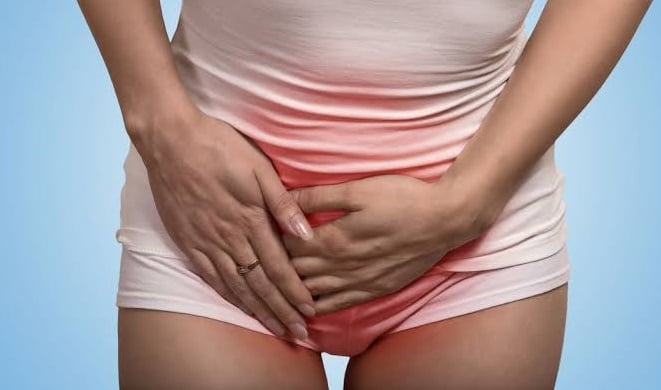During the menstrual period, women lose blood and simultaneously experience rapid hormonal changes. These hormonal changes further lead to cramps, nausea, headache, and pains.
However, the intensity of these uncomfortable feelings varies in women. While some experience less or no pain, others struggle with it.
Without further ado, here are some of the foods that should be in your diet while on your period.
These foods are rich sources of certain nutrients needed by your body — during your period — to lessen the painful symptoms and make you feel better.
- Legumes

Legumes like beans and lentils are rich sources of protein, iron, magnesium, and zinc.
Legumes, especially beans, are magnesium-rich food that helps boost your serotonin levels and diminish water retention. Serotonin is the hormone that is responsible for regulating mood, sleep, and digestion.
The mineral zinc in legumes has also been proven to help ease menstrual cramps.
- Fruits and leafy green vegetables

Water-rich fruits like watermelon, cucumber, and orange should be your favorite during your period.
They help keep you hydrated and their sweet sugar also reduces your craving for sweet things.
During menstruation, you can get anaemia due to your low iron level especially when you have a heavy flow.
Also, green leafy vegetables like spinach, broccoli, and pumpkin leaves can help boost your iron level because they are a rich source of iron.
A 2018 study found that women on vegetarian diets and fruits were linked to fewer cramps and reduced menstrual pain.
- Dark chocolates

Chocolate is definitely one of your cravings during your period but, take note, dark chocolates are the ones that will be beneficial to you.
Dark chocolates are rich in iron and magnesium. According to a study, magnesium helps reduce the severity of PMS (postmenstrual syndrome) symptoms.
People with magnesium deficiencies have also been found to experience more severe PMS symptoms.
- Ginger

Drinking a warm cup of ginger tea during your period is also soothing during your period.
Ginger has anti-inflammatory effects which help relax the muscle and reduce pain in the muscle. A study on pregnant women in 2018, showed ginger to be effective in reducing nausea and vomiting.
- Fish and seafood

Fishes like salmon, tuna, sardines, and oysters are rich sources of omega-3 acids. They also have antioxidant and anti-inflammatory properties, which relax the uterus.
A study further showed that omega-3 acid reduces the intensity of menstrual cramps in women aged 18–22.
Another research also found that omega-3 also reduces depression.
So if you experience mood swings and low mood during your period then foods rich in omega-3 acid should be added to your diet.
Drinking a lot of water during your period is also very important.
It helps you stay hydrated, prevent bloating, and can also reduce the likelihood of dehydration headaches.
Copyright 2025 TheCable. All rights reserved. This material, and other digital content on this website, may not be reproduced, published, broadcast, rewritten or redistributed in whole or in part without prior express written permission from TheCable.
Follow us on twitter @Thecablestyle

